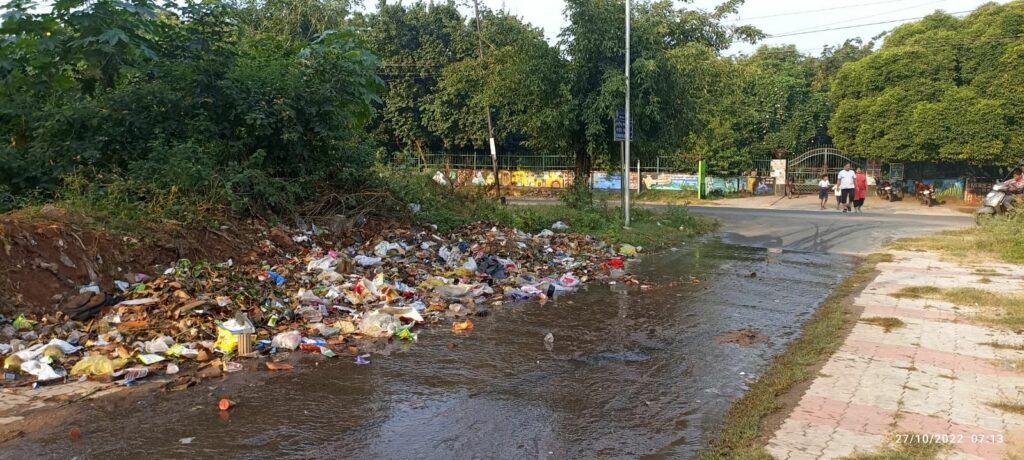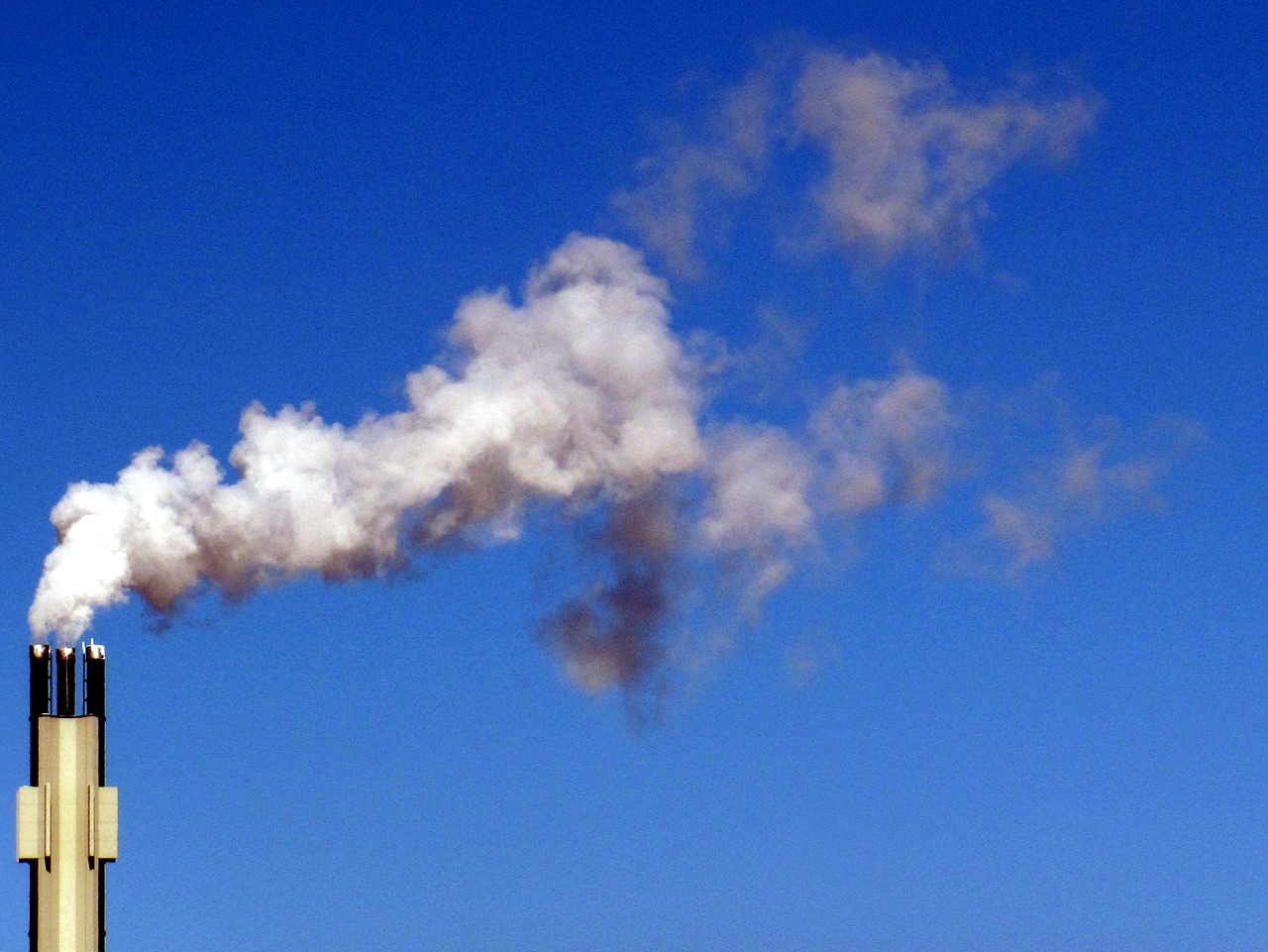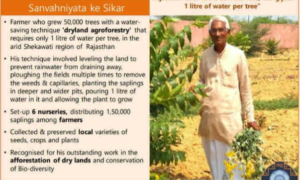Solid waste management in Bhubaneswar: challenges and solutions

The efficient management of solid waste is essential to prevent pollution and protect public health and the environment.
Solid waste management is a crucial issue in Bhubaneswar, the capital city of the Indian state of Odisha. With a population of over 1.1 million, the city produces about 520 metric tonnes of waste per day.
This waste includes domestic waste, commercial waste, and industrial waste, which is generated by various sectors of the city’s economy.
The efficient management of solid waste is essential to prevent pollution and protect public health and the environment.
However, like many other Indian cities, Bhubaneswar faces several challenges in this regard, which need to be addressed urgently.
One of the primary challenges of solid waste management in Bhubaneswar is the lack of awareness among the general public about the importance of waste segregation and proper disposal.
Many people still mix dry and wet waste in the same bin, which makes it difficult to separate and process the waste.
The city administration has launched various awareness campaigns to educate people about the 7 R’s of solid waste management: Rethink, Reduce, Refuse, Repurpose, Reuse, Recycle, and Rot.
These campaigns aim to encourage people to adopt a sustainable lifestyle by reducing their waste generation, reusing and recycling materials, and composting organic waste in their homes.
Another challenge of solid waste management in Bhubaneswar is the inadequate infrastructure and resources for waste collection, transportation, and processing.
The city has only a limited number of garbage trucks and waste processing plants, which cannot handle the enormous amount of waste generated every day.
As a result, many streets and public places remain littered with garbage, which causes health hazards and environmental pollution.
The city administration has taken several steps to improve the waste collection and transportation system, such as introducing new garbage trucks, setting up more community bins, and outsourcing waste collection to private agencies.
However, there is still a long way to go to achieve a sustainable and efficient waste management system.
The third challenge of solid waste management in Bhubaneswar is the lack of proper monitoring and regulation of waste disposal sites.
The city has only a few landfill sites, which are already overloaded with waste and pose a threat to public health and the environment.
The city administration has identified some new sites for waste disposal but faces resistance from the local communities who fear the adverse impact of such sites on their health and livelihoods.
There is also a lack of proper monitoring of the landfill sites, which may lead to groundwater contamination, soil degradation, and air pollution.
The city administration needs to develop a comprehensive plan for the management and regulation of waste disposal sites, which involves the participation of the local communities and environmental experts.
Despite these challenges, there are several solutions that can be adopted to improve the solid waste management system in Bhubaneswar. One of the solutions is the adoption of advanced technologies for waste processing and recycling. For example, the city can install waste-to-energy plants, which can convert waste into electricity or fuel.
This technology not only helps to reduce the amount of waste sent to landfills but also generates clean energy and reduces greenhouse gas emissions.
The city can also promote the use of biodegradable plastics, which can be easily decomposed by natural processes and do not harm the environment.
Another solution is the involvement of the private sector and civil society in waste management activities.
The city can engage private agencies for waste collection, transportation, and processing, which can bring in new ideas, resources, and technologies to the system.
The city can also partner with civil society organizations and citizen groups to promote waste reduction, segregation, and recycling. These organizations can conduct awareness campaigns.
The writer is a scholar at Indian School of Public Policy, Delhi











































